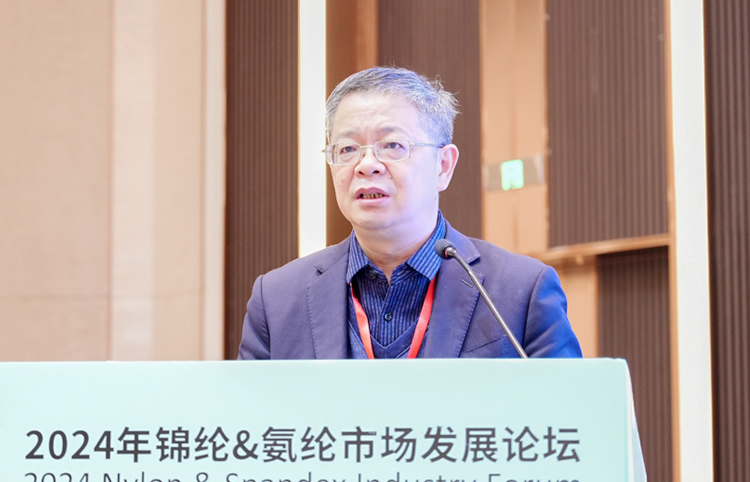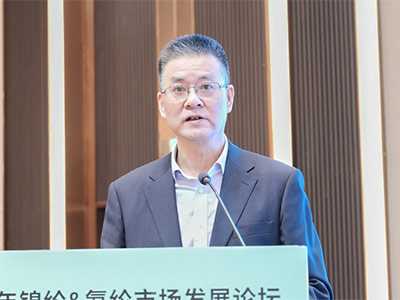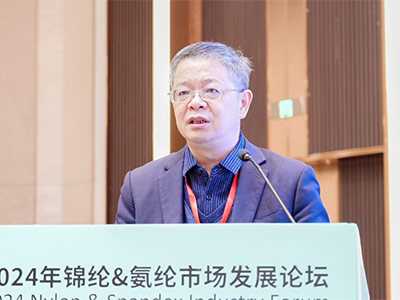Interpretation of the macroeconomic situation and the financial policy on September 24
——Wang Wei'an, director of the Financial Research Institute at Zhejiang University

Professor Wang Wei'an's report is structured around four main points.
1. Economic Situation: Professor Wang described the economic situation by highlighting that monetary policy (China's nominally prudent monetary policy is more significant than the extent of U.S. quantitative easing) is the primary factor driving prices. He noted that the total money supply, as indicated by CPI, PPI, housing prices, and stock prices, is in stark contrast to the growth of China's money supply. He emphasized that both the situation and policy are important, but the significance of the situation is more pronounced, with economic decline being the main reason for the recent drop in four major price categories in China.
2. Challenges Facing China's Development: China faces three major long-term issues: demand contraction, supply shocks, and weakening expectations. It will take a considerable amount of time to address these problems, and currently, there are many risks in key areas. Although the external economic environment also impacts China's economic development, the primary reason for the weakening of China's economy is poor internal economic performance. There is a divergence in industry development; many consumer-related sectors are still relatively robust, while many industrial sectors have entered a phase of regression, with the financial sector experiencing negative growth for the first time.
3. Core Methods for Solving China's Development Issues: Professor Wang pointed out that restoring confidence is the most crucial condition for the recovery of China's economy. However, it will take a long time for consumers to regain confidence. A stable development of the real estate sector is fundamental to restoring confidence and promoting economic growth. The revival of consumption and the development of emerging industries are significant conditions for economic recovery, while boosting income is the foundation for stimulating consumption. Emerging from the economic downturn is a long-term process for China.
4. Technological Innovation to Address Long-term Capital and Venture Capital Issues: Developing equity and stock investments is an important measure taken by the central government to support the stock market. The central government has implemented relevant measures to support the stock market, including the introduction of new monetary policy tools to support stock market development as part of the "9.24 policy package." In subsequent adjustments of monetary and fiscal policy, the government has endorsed policies to promote capital markets. China still needs to improve its financial regulatory system, particularly focusing on local government debt risks, risks associated with small and medium-sized banks, and real estate bubble risks.
Finally, Professor Wang emphasized that "cash is king" and "liquidity is king" are effective strategies for navigating the current economic environment in China. He reassured that the long-term positive fundamentals of the Chinese economy will not change.





